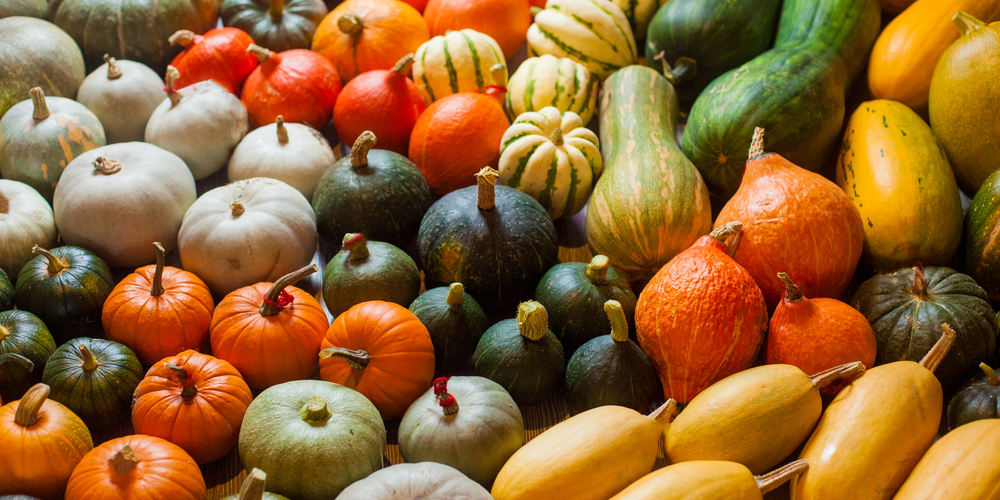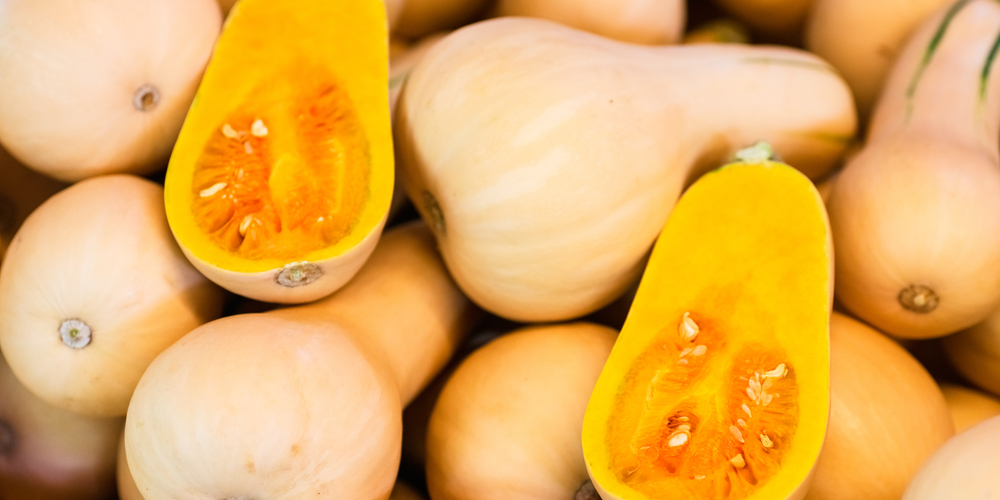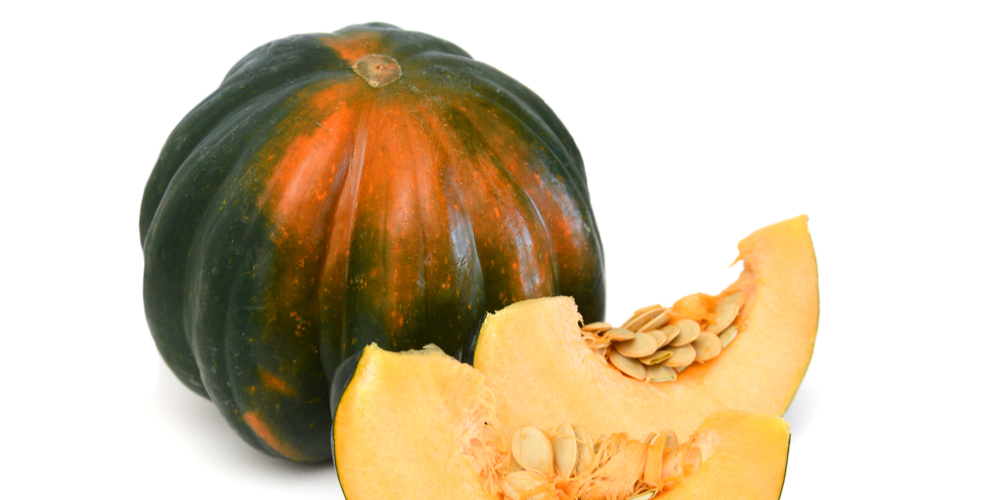Squash, a member of the Cucurbita family (which includes vegetables and fruits such as pumpkins, cucumbers, watermelons, and cantaloupe), is an excellent addition to any garden. If you live in Georgia, look no further. This essential guide includes everything you need to know about caring for these plants in your region. Here, you’ll learn when to plant squash in Georgia and what to do to ensure your plants thrive without struggling from attacks from pests and diseases.
These colorful plants are relatively easy to grow and fun to see developing. If you know something about growing a vegetable garden, you must be familiar with the feeling of satisfaction you might have when your yard starts giving you harvests. Watching your squash plants grow and produce fruits is just as satisfactory.
Guaranteeing your plants what they need to thrive is only part of success. You should give them adequate moisture, nutrition, and optimal weather conditions to survive. However, if you don’t plant them at the right time of the year, all of your efforts to grow healthy plants will be in vain. The ideal time of the year for planting your vegetables depends on your hardiness zone.
When to Plant Squash in Georgia
You can grow all types of squash in most parts of the country. However, Georgia offers the ideal conditions for productive harvests and delicious fruits. After all, the state delivers about 30% of these vegetables produced in the United States. In this region, summer squash is more productive. However, you will have satisfactory results with winter varieties too.
Plant your squash in late March for best results. Transfer seeds to the soil only when the danger of frost is over. However, take our suggestion for what it is: a recommendation. Indeed, the climate can change from one year to the other. Always check your local weather conditions and avoid basing your schedule on predictions. Instead, combine the average last frost date with the current weather your region is experiencing. Avoid exposing your plants to frost, as you might prevent them from producing fruits.
Under adequate conditions, you’ll probably see the first fruits in early August. However, results depend on what variety you plant: summer squash takes between 35 to 40 days to mature, while winter species need more time (between 80 to 120 days). If you are planting more than one plant, make sure you provide them with adequate space for growth: remember that squashes are heavy feeders and fast-growers. Prevent them from competing for nutrients, sun, and moisture and place them at least 12 inches apart.
Growing Squash in Georgia: Our Tips
Luckily, growing squash isn’t as hard as you may be thinking. Plant your veggies in rich, fertile soil that drains well, and water them thoroughly for best results. Also, don’t forget to monitor your plants for diseases: they are susceptible to many attacks from pests, including mites, bugs, and beetles.
To prevent the problem from getting unmanageable, we recommend you take action when you notice some insects feeding on your plant. Infestations are harder to contain. Spray your plant with water and soap to eradicate the issue naturally. If that doesn’t work, don’t hesitate to purchase some pesticide.
Plant your squash under full sun and rich, fertile soil. Consider adding some mulch to increase water retention if you live in a hot, arid area. Your squash needs to receive at least six hours of sunlight per day.
At the same time, it needs to stay moist to keep producing the delicious fruits we all so much love. Organic matter helps increase drainage and nutrient content: consider adding compost or manure around your squash plants.
Squash have both female and male flowers on their plants. For this reason, they benefit from the presence of pollinators like bees and butterflies for reproduction. Consider adding companion plants such as marigolds, nasturtiums, or some perennial herbs to attract beneficial insects that might contribute to increased harvests.
When to Plant Squash in Georgia: Final Thoughts
Consider adding some fertilizer to increase your chances of success and boost fruit production. Use a balanced slow-release product during the growing season to improve the quality of your harvests. Don’t forget to water your plants after you fertilize them to avoid damaging their roots and help them absorb all the nutrients they need.
Related Article: Butternut Squash Companion Plants


